
Documentary about the groundbreaking queer feminist art band Fifth Column, who were at the centre of Toronto’s influential Queercore scene in the 1980-90s.
You May Also Like
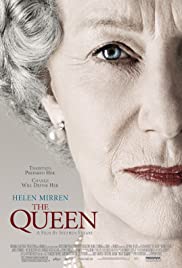
The Queen is an intimate behind the scenes glimpse at the interaction between HM Elizabeth II and Prime Minister Tony Blair during their struggle, following the death of Diana, to reach a compromise between what was a private tragedy for the Royal family and the public’s demand for an overt display of mourning.
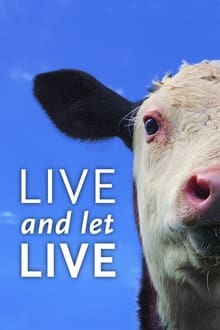
Live and Let Live is a feature documentary examining our relationship with animals, the history of veganism and the ethical, environmental and health reasons that move people to go vegan.
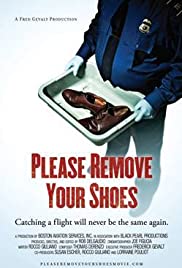
A documentary about the US government’s broken promise to keep our airlines secure, and the personal stories of a few people who know the truth – congressmen, air marshals, aviation security employees. It will make you angry and flying in an airplane may never be the same again.

James Wong designed a Malaysian garden in Chelsea Flower Show. James traveled back to Malaysia for inspiration and ideas.

Previously lost semi-documentary on the rise and fall of American hobo culture.

Set in German-occupied Norway, resistance fighter Knut Straud enlists the reluctant physicist Rolf Pedersen in an effort to destroy the German heavy water production plant in rural Telemark.
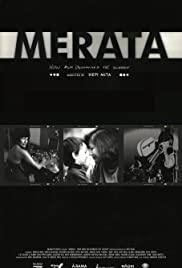
New Zealand film archivist Heperi Mita traces the cinematic legacy of his mother and trailblazing Maori filmmaker Merata Mita.

Själö means ‘the island of souls’, and no name could be more fitting for the island in the Baltic Sea, which for centuries was a last stop for women who were considered social outcasts – and who are today forgotten. They were forcibly placed in a closed institution to be studied, measured and weighed – exactly in the way that nature itself was starting to be examined around the same time. Today, the place is a research centre. A young female scientist collects samples on the island, while the whispering voices of the past and never-sent letters echo in the empty hallways.

Cutler Gray pays tribute to his Great Grandfather Buck DuSell and other famous riders of the early 1900’s by recreating their Endurance Runs, about 150 miles per day – on a Motorized Bicycle.
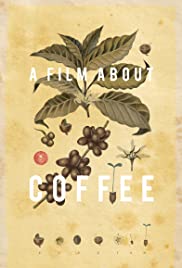
“A Film About Coffee” is a love letter to, and meditation on, specialty coffee. It examines what it takes, and what it means, for coffee to be defined as “specialty.” The film whisks audiences on a trip around the world, from farms in Honduras and Rwanda to coffee shops in Tokyo, Portland, Seattle, San Francisco and New York. Through the eyes and experiences of farmers and baristas, the film offers a unique overview of all the elements-the processes, preferences and preparations; traditions old and new-that come together to create the best cups. This is a film that bridges gaps both intellectual and geographical, evoking flavor and pleasure, and providing both as well.

In 1963, 22-year-old Bertrand Blier invited 11 of his peers to come to a film studio and talk about their lives. The record of what was said is a discussion of values that remains relevant and fascinating today. The footage was shot just five years prior to May 1968, and the atmosphere of that time is clearly discernible: these young people may not yet be revolutionaries, but there is clearly a ferment in the air.
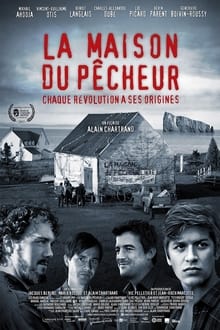
In the summer of 1969, Bernard, a Gaspesian fisherman’s son, arrive in Perce to fin work. He meets Paul, Jacques and Francis, Quebec Independence activists who have come to open the ‘Fisherman’s House’. They aim to organize public conferences and offer lodgings to young travelers. A motley crowd of Quebecers from all over the province soon flocks to Perce: artists, hippies, rockers, hitchhikers and the like shake local authorities. Bernard is won over by the trio’s ideas and gets increasingly involved in their project. The following year, the will join the Front de liberation du Quebec (FLQ) and play a pivotal role in the Summer Crisis 1969.